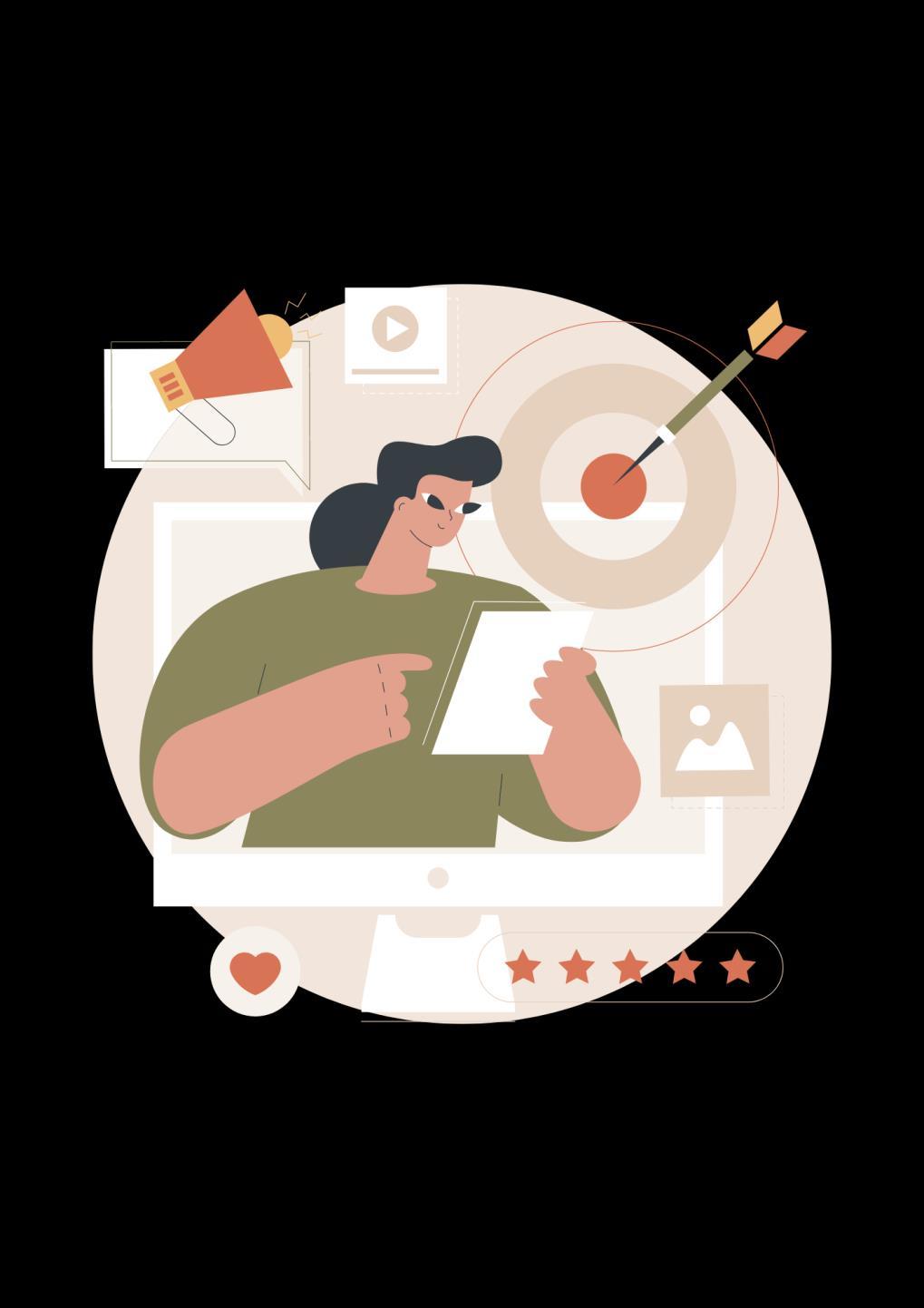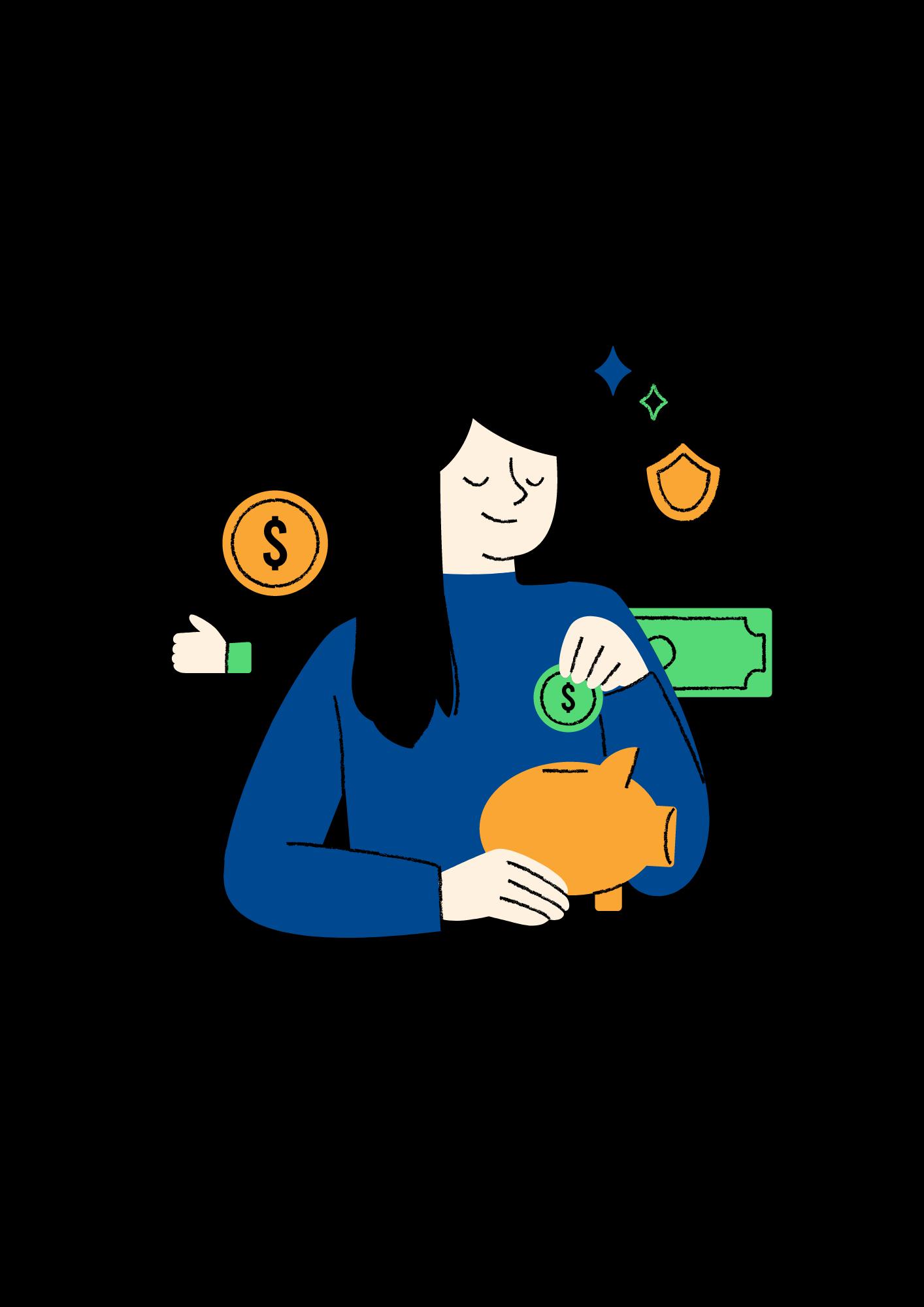

Workshop Goals
Today we are talking about the top 7 things that are important to know when starting a new job in Canada:
1. What is an employment contract
2. Important employment and contract terms
3. Understanding positions and work hours

4. Shift work
5. Direct deposit and pay stubs
6. Income tax
7. Spending and saving your money
Let’s Get to Know Each Other!
Everyone has 30 seconds to tell us
• Your name
• What grade you are in
Then answer one of the following questions
1. What is your favourite song?
2. What is something you do for fun?
3. Do you prefer warmer weather or cooler weather?
4. If you could do any job what would it be?



Employment Offer in Canada
Generally, when you are offered a job, you receive:
• A phone call with the initial offer

• The employment contract via email
• A scheduled time to go in person to get the contract
Considering Your Offer of Employment

• What to consider:
o Any responsibilities or description of the work you will be doing
o Pay rate
o Work hours
Tip: Offers of employment and employment contracts have an expiry date. You will be expected to accept or decline the offer by that date.

Responding to a Job Offer
When you are offered a job:
✓ Show enthusiasm with a smile and a cheerful attitude
✓ Ask about your start date, wages, and any other questions you have
You don't need to accept on the spot, waiting and reviewing the written offer gives you:
✓ time to review and consider all aspects of the job
✓ an opportunity for negotiation (something to consider in future, higher level positions throughout your career)

When accepting an offer by email:
✓ Use a clear and specific subject line
✓ Identify who you are talking to, for example: Good afternoon [hiring managers name]
✓ Indicate that you are formally accepting their offer and look forward to your start date [insert date]
✓ Sign off with your first name and last name
✓ Attach your signed contract/offer to the email
Is the Offer Real?
It is important to be aware of potential scams when you receive a job offer.
Questions to ask yourself:
• Did I apply for this job or company?
• Did I interview for this job or company?
• Is the salary realistic for my experience and skill set?

• Does the email address seem legitimate?
• What do I find when I research the company and their contact information?
Indicators of a Scam
In addition to the questions you ask yourself, the following are signs of potential scam offers:
• On the spot hiring without meeting, interviewing, or checking references
• Being approached in a strange place (hallway, streets)
• No business identification or job details
• They want to share money or ask for your SIN and banking information before an employment contract is signed
• They contact you at odd hours by text or other unprofessional forms of communication

Examples of Job Scams
Here are some examples and more information about different job scams that you could encounter:
• https://www.canada.ca/en/revenue-agency/campaigns/fraud-scams.html
• https://www.antifraudcentre-centreantifraude.ca/index-eng.htm


Employment Contracts Terms in Canada

Your employment offer in Canada will include:
• Your job title
• Pay rate
• Start date
• Work hours
• Clauses such as termination, vacation, confidentiality...
Tip: It is important to read the contract, take notes of any questions you may have, or terms you would like to ask about before signing.


Types of Positions and Shifts in Canada
Types of Positions
• Permanent: Hired to work long-term without an end-date
• Casual: Hired to work on an as-needed basis - can be hired for more than one term, but cannot work more than 90 days in a calendar year
• Temporary: Hired to work for a pre-determined period
• Independent Contractor: Different from being hired as an employee - contracted as a self-employed individual or company to complete a specific job with a pre-determined period and terms for a set fee
Types of shifts
• Full-time: Standard hours of work for full-time would be 8 hours a day for 35-40 hours per week
• Part-time: Hours are less than a full-time work week, but more than one-third of those hours
• Overtime: Any hours that go over the standard hours of work


Shift Work in Canada
A shift is the time you are scheduled to start and finish work in a day.
Some things to be mindful of regarding shifts:
• “Split shift” means working two smaller shifts with non-working time in between
• “Backshift” means working in the afternoon until midnight
• "Overnight shift" aka. "graveyard" or "night shift" is a shift that starts in the evening/night and ends in the morning/day
• There are laws around how many consecutive hours can be worked and what rest periods/breaks need to be taken (check employment legislation for rules around breaks and rest periods)



Direct Deposit in Canada
What is direct deposit?
Your employer will deposit your pay directly into your bank account instead of giving you a cheque or cash.
You will need to provide your employer with direct deposit information (your bank account, branch and transit numbers) or void cheque from your bank - you can go directly to the bank for this or print it if you do online banking.
You only give your banking information once you are hired and have signed the hiring letter.

Understanding Your Paystub

Understanding Your Paystub
1. Gross Pay: total pay before taxes and other deductions
2. Net Pay: total pay after taxes and other deductions – this will be deposited into your bank account
3. CPP: Canadian Pension Plan deduction
4. EI: Employment Insurance deduction
5. Income Tax: federal deduction used to pay programs, services, and other government expenses
6. Other deductions may include vacation pay, life insurance, health benefits, etc.


What is Income Tax?
The Canadian Government receives a percentage of your pay and a portion of money from your employer. Revenue generated by income tax is handled by the Canada Revenue Agency (CRA) and used to fund government services such as health care, public education, and the military.
Some income tax revenue that the government collects is also used to provide assistance to eligible Canadians through programs for families and other social supports.

Calculating Your NET Pay
Online calculators can help you know how much your pay will be after taxes and other deductions.

● Use this calculator https://ca.talent.com/tax-calculator
● Input:
o Gross Income: $272
o Pay Schedule: Biweekly - paid once every two weeks
(Paydays can vary)
o Province: Nova Scotia
Filing Your Income Tax
Filing your income tax is a process done once a year to reconcile the tax deductions throughout that year.
Some things to know about filing taxes:
• You can file taxes online yourself or with an accounting service

• Your employer will provide you with a form called a T4 which you will need to file your taxes
• Each employer you have in a year will give you a T4 so if you have different jobs in the same year, you will have multiple T4s
Free tax clinic (do you need help with your tax return? You may be eligible for help at a free tax clinic if you have a modest income and a simple tax situation)


Saving and Spending Your Money
It is very exciting to be rewarded for your hard work and commitment. Some information when it comes to spending and saving money:

● Everyone has to prioritize financial obligations at some point
● If possible, save 20% of your pay for savings/investments and use 80% for other expenses (50% needs and 30% wants)
● Use a small portion of your income to treat yourself and buy things that you need
● Look into investing in the future
Tips on Saving Money
Create a budget:
a) Write down all your expenses: cellphone bill, subscriptions like Netflix, rent, car payments, car insurance, groceries, medications, eating out at restaurants, activities, loan payments...

b) Write down your income: check your paystub, government supports, allowance, savings...
c) Determine how much you save after expenses and start planning your next steps: what do you want to do with your money?
More information: https://www.canada.ca/en/financial-consumeragency/services/savings-investments/savings-investment-goals.html











